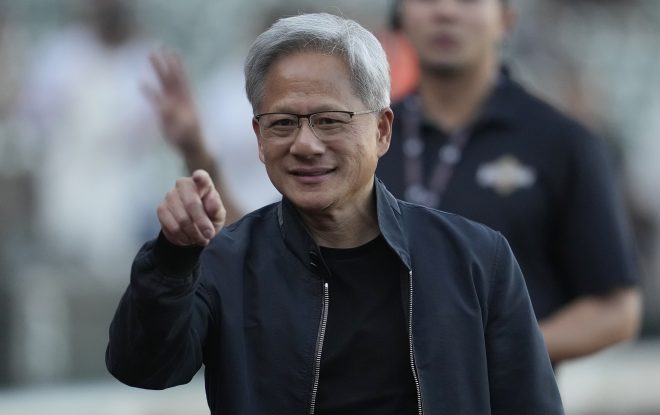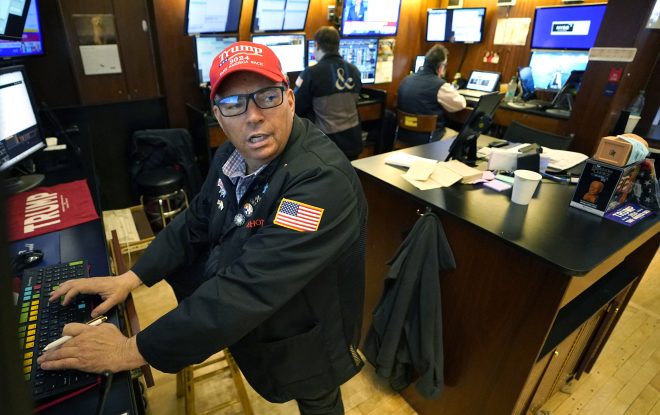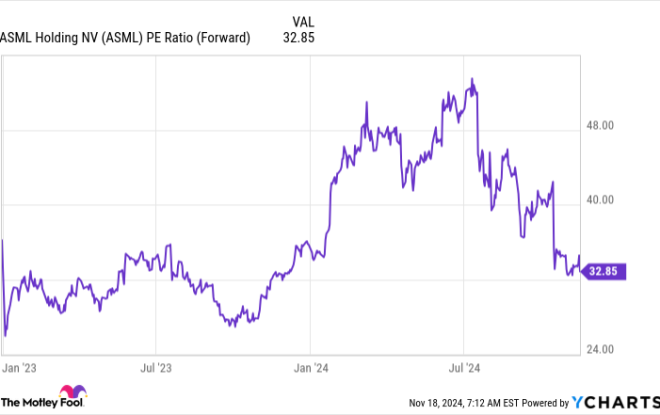China’s Dream of ‘Powerful Currency’ Runs Into Trump’s Return
(Bloomberg) — China’s President Xi Jinping wants a “powerful currency” that is stable enough to play a rising role in global trade. Donald Trump’s return looks set to challenge that ambition.
Most Read from Bloomberg
The yuan risks years of downward pressure during the second Trump presidency, and the threat of another trade war is already fueling bets against the currency. Analysts expect the yuan to break a 17-year low against the dollar in 2025, with the most bearish observers predicting a decline of around 10%.
The yuan is more vulnerable than it was during the last trade war. Chinese government bond yields are well below those in the US. Foreign companies are pulling back investments. Economic growth is patchy, and the specter of deflation may drag interest rates even lower.
“The downward pressure is likely to intensify,” said Adam Wolfe, emerging markets economist at Absolute Strategy Research. The People’s Bank of China “will likely continue to support the yuan for a while given its financial stability concerns about a bigger devaluation. But if a trade war does kick off, the PBOC might allow more depreciation to protect China’s exports and improve its negotiating position.”
That logic is encouraging traders to ramp up bets against the currency. The onshore yuan traded at an intraday low of around 7.248 on Nov. 14, its weakest level in three months, and options traders are betting on a further decline. The offshore rate was around 7.237 on Friday.
BNP Paribas SA expects the dollar-yuan to stabilize around 7.5 if Trump follows through on his pledge to impose 60% tariffs on Chinese goods, while UBS AG forecasts a rate of 7.60-7.70 next year and Societe Generale SA expects 7.40 in the second quarter. These forecasts all point to the onshore yuan breaching its low last year of 7.351, the weakest level since 2007.
Some analysts go even further: Jefferies Financial Group Inc. expects daily yuan fixings of around 8 yuan per dollar in 2025. The last time the yuan was at that level, in 2006, George W. Bush was president, Twitter was only a few months old and China’s economy was smaller than Germany’s.
Analysts say letting the yuan weaken is the path of least resistance, and one that benefits Chinese exports should the US hike tariffs. But the real debate is about how much — and how fast — the PBOC will allow the currency to depreciate.




Leave a Reply